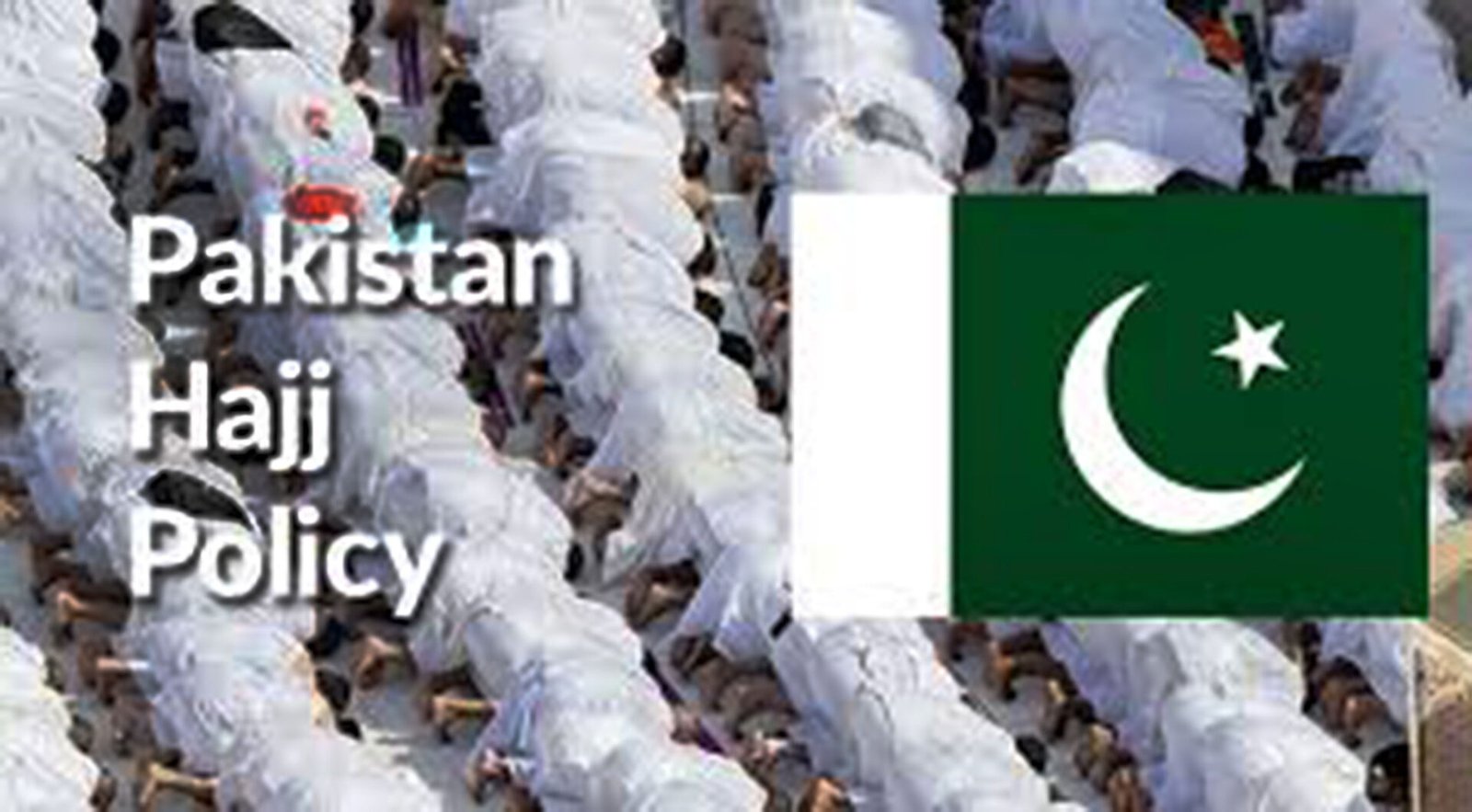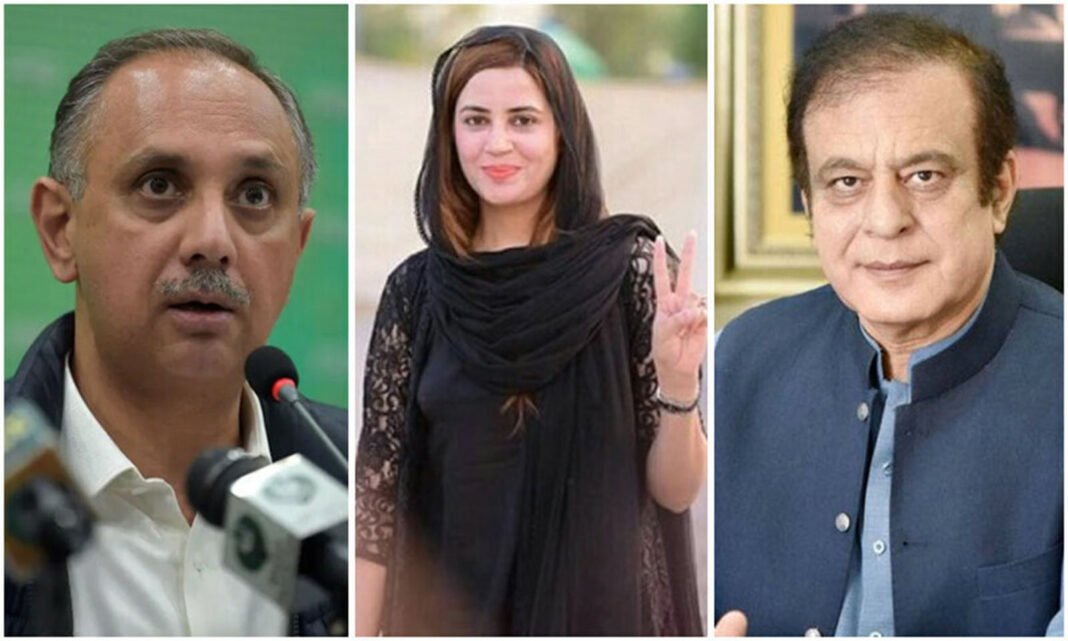The Hajj Policy 2026 has been formally approved by the Federal Cabinet and announced by Federal Minister for Religious Affairs Sardar Muhammad Yousaf. According to the policy, applications for Hajj will be received starting August 4. Pakistan’s quota for Hajj 2026 is currently set at 179,210, of which 119,210 seats are designated for the government scheme and 60,000 for the private scheme. This quota is subject to final confirmation from Saudi authorities. The government scheme will offer both long (38–42 days) and short (20–25 days) packages, with mandatory participation in the Adhahi (sacrifice) program as per Saudi regulations.
Applicants must be Muslims holding valid Pakistani passports that remain valid until at least November 26, 2026. Children under 12 years of age will not be permitted to perform Hajj this year. Pilgrims under the government scheme will be required to pay their dues in two installments. The estimated cost of the Hajj package ranges between Rs. 1.15 million and Rs. 1.25 million, pending finalization of agreements with service providers. For the long package, the first installment of Rs. 5 lakh must be paid, while for the short package, it is Rs. 5.5 lakh. These payments can be deposited at designated banks from August 4.
In line with Saudi Arabia’s timelines, selection of pilgrims will be based on a “first come, first served” basis. Overseas Pakistanis participating in Hajj can transfer funds to the designated government scheme bank accounts. Saudi-approved vaccination is mandatory. The Route to Makkah facility will remain operational at Islamabad and Karachi airports. Dependent Hajj Companies (DHCs) are authorized to book overseas pilgrims, provided that all financial transactions are conducted through official banking channels and the information is entered into the Ministry’s online portal.
Each Hajj organizer or DHC must follow Saudi guidelines regarding minimum quota allocations. In cases of death, serious illness, or unavoidable circumstances, replacement candidates will be reviewed by a dedicated committee. DHCs must make a 25% advance payment for Mushaira bookings before accepting pilgrim applications. New financial safeguards have been introduced to enhance transparency and ensure timely payments to service providers in Saudi Arabia.
To improve accountability and convenience, DHCs must follow IT portal instructions issued by the Ministry of Religious Affairs. The performance of both public and private Hajj schemes will be assessed by a third party. The Punjab IT Board will continue to handle operational digitization, with oversight provided by the Ministry of IT and Telecommunications via the National Information Technology Board (NITB), ensuring real-time tracking of bookings, payments, and seat availability.
A dedicated monitoring team from the Ministry of Religious Affairs will oversee the execution of the Hajj operations. DHCs will be required to sign Service Provider Agreements and operate under Ministry supervision to ensure adequate facilities are provided to pilgrims. Welfare staff will be deployed to support pilgrims on the ground. Comprehensive pre-Hajj training will be offered covering logistics, rituals, attire, and emergency response protocols.
The Hajj Mohafiz Scheme will remain in place to offer compensation to pilgrims in case of losses. A full suite of electronic monitoring systems will be operational, including a Hajj Helpline and the Pak Hajj mobile application for information, complaints, and real-time updates. Emergency response teams will also be deployed. A robust financial monitoring framework will be enforced, alongside the continuation of the Hajj Nazim Scheme. Additionally, a transparent grievance redressal system will be implemented to handle complaints efficiently and fairly. The Ministry will issue appropriate directives for smooth implementation of all aspects of the Hajj Policy 2026.


